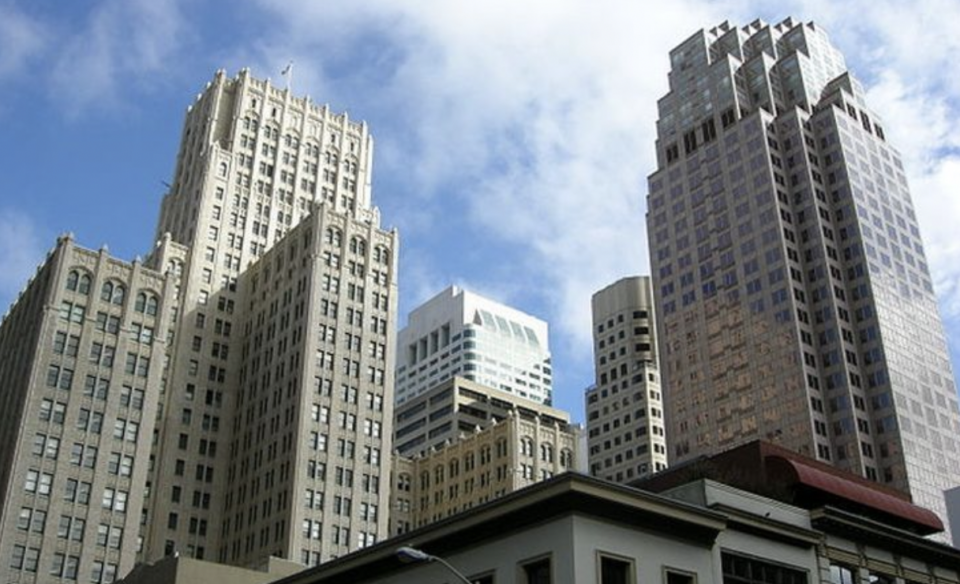State Senator Dave Cortese’s SB 553, which recently passed the California Senate and is moving to the Assembly, has raised concerns among retailers who believe it will exacerbate the state’s shoplifting problem. The bill, supposedly aimed at curbing workplace violence, prohibits employees from approaching shoplifters. Rachel Michelin, chief of the California Retailers Association, argues that this will essentially allow people to walk into stores, steal, and leave without consequence. Critics see this as another example of virtue signaling, sending a message that California turns a blind eye to shoplifting, which criminals will undoubtedly exploit.
In San Francisco, the impact of such leniency on shoplifting is already evident. The city’s downtown area, with its exorbitant real estate prices, is witnessing the departure of major retailers due to rampant theft and other “lifestyle crimes.” The closure of a Whole Foods after just a year of operation, along with the upcoming closures of two Nordstrom locations, Saks Off Fifth, H&M, and Uniqlo, reflects the deteriorating retail environment. Even Walgreens has shuttered several stores across the city. This pattern is not limited to San Francisco and has been observed in other parts of California in recent months.
Democrats often justify their lax stance on shoplifting by invoking sympathy for the impoverished, claiming it is unreasonable to prosecute someone for stealing basic necessities. However, the reality is that much of the shoplifting is orchestrated by well-organized theft rings operating out of neighboring Oakland. Criminals are aware that law enforcement, including district attorneys, will not take action. If SB 553 becomes law, even store security staff will be rendered ineffective. Consequently, high-end retailers will continue to flee, and the remaining stores will adopt a highly secured retail model resembling a prison, where customers are restricted and transactions occur through protective barriers.
This situation contrasts starkly with the past when people from suburban and rural areas would visit cities like San Francisco specifically for shopping. The current trajectory threatens to erode the appeal of urban shopping, with retailers seeking safer locations. The consequences of such policies extend beyond economic concerns, impacting the vibrancy and liveliness of urban areas. It is crucial to strike a balance between compassion and maintaining law and order, ensuring that retailers are protected, and customers can enjoy a safe shopping experience.

